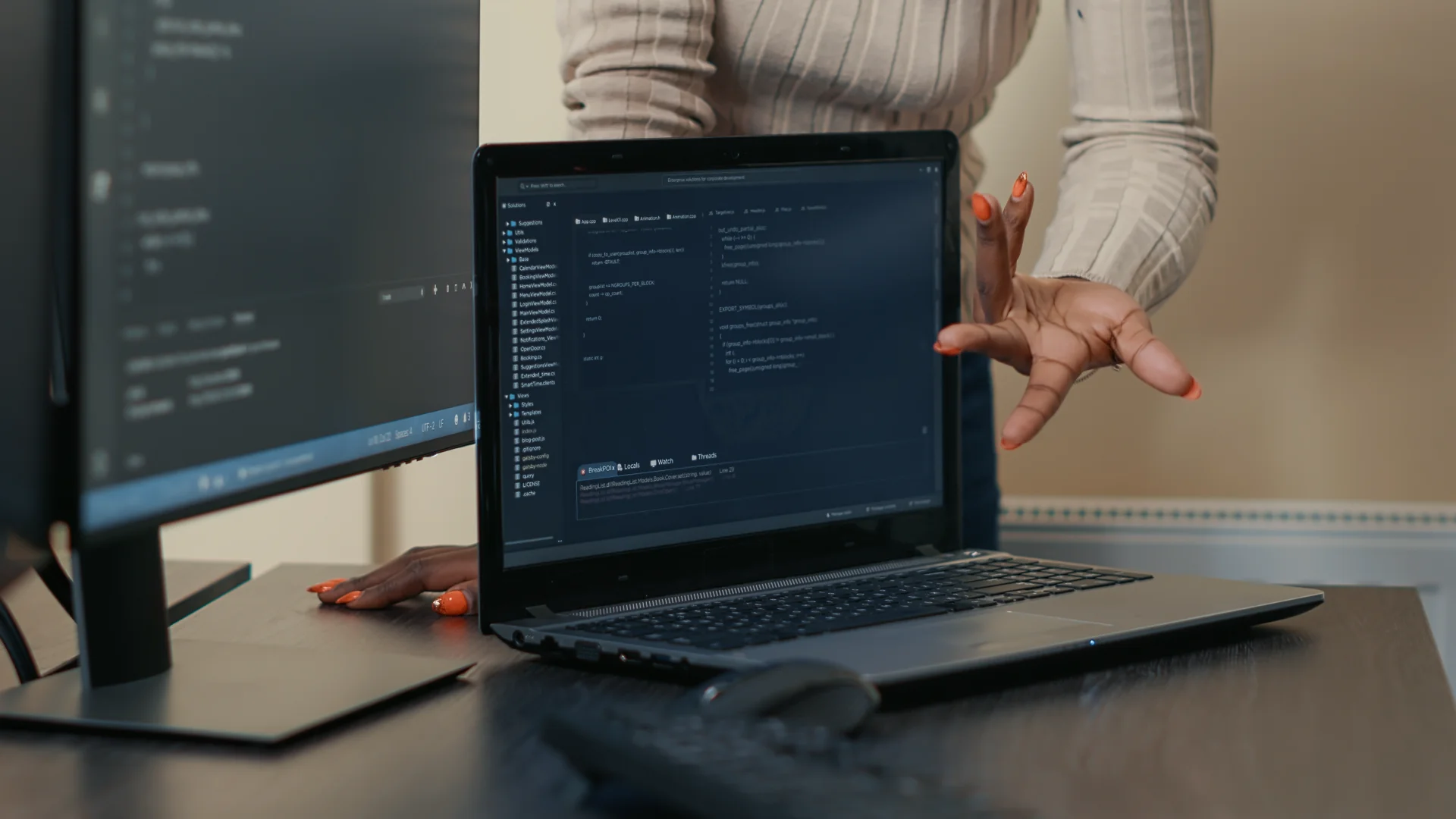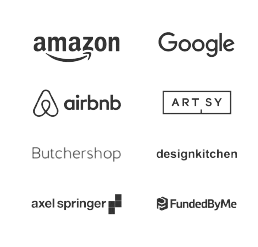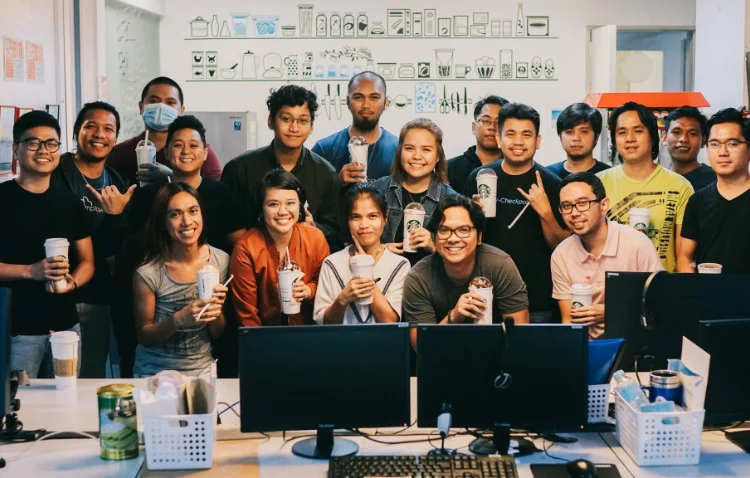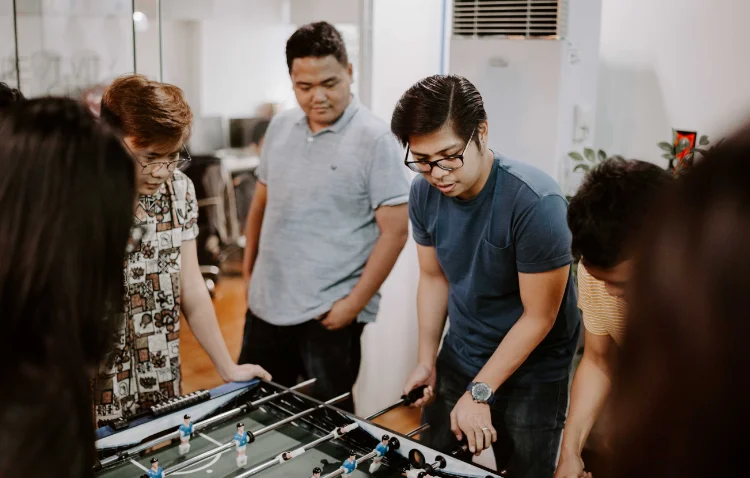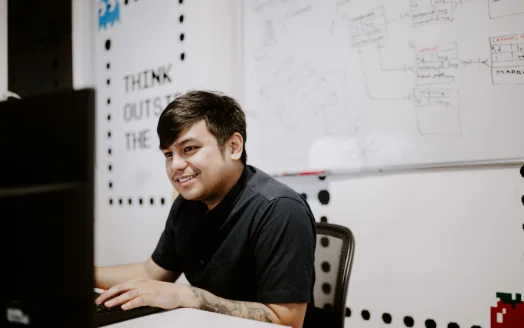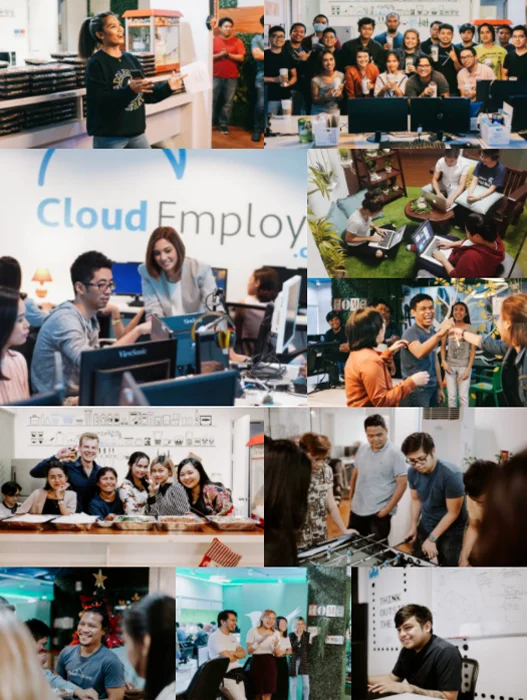You can gain a lot of useful and profitable experience from learning how to code.
The demand for programmers has increased dramatically in recent years.
Digital technologies such as AI, blockchain, VR, and others will ensure that this demand won't slow down for a while.
So, it isn't surprising that people are interested in coding.
If you've never done any programming before, it can be pretty difficult.
The boundary between what you should learn initially and where you should focus isn't always clear.
With this blog, I'm going to share some advice on what you should focus on to become a successful programmer.
Here are some of the questions that newbies frequently ask.
Is a degree required to work as a programmer?
The answer is NO.

There are a lot of successful programmers without formal degrees in programming.
You can learn how to code from online resources.
However, I would not discourage somebody from earning a professional degree if they want one.
Is it required for me to be proficient in mathematics in order to program?

It's obvious that programming requires logical and abstract abilities that are deeply connected to mathematics.
A lot of engineering students complain that math and physics make up half of their curriculum, which they don't believe they need for their careers.
However, I think the value you gain from them goes beyond their direct applications in real-life situations. It's more about developing your problem-solving abilities.
What courses in mathematics should I take if I want to study it?

Prerequisites are often required for these courses.
To comprehend probability and statistics, you must first understand calculus, which involves comprehension of algebra.
What are some excellent things to visit for programming courses?
It is always worthwhile to look at other options, so I strongly encourage you to do so.
Find out what teaching style suits you best by viewing sample lessons on different websites.
To figure out which course is best for you, look at the ratings and what other people have to say about it.
Make certain that the courses are kept up to date.
Technology advances at a rapid pace, and if a course is not updated, it will quickly become obsolete.
The Way to Programming

Step 1: Learn How to Use a Computer.
Learn about computers before you start learning any programming language.
- What are the main components of a computer?
- What is the purpose of the Internet?
- What is memory's function?
- What is the function of an operating system?
- What is the purpose of a CPU?
If you master these first, you will have a better understanding of how programming languages like C and Assembly work.
Step 2: Learn the Basics of Programming
It would take hours to discuss which programming language is best for a beginner.
It all boils down to personal preference in the end.
I recommend starting with one of the following options, based on my personal choice:
1. Python: This is a widely used machine learning language. It has a simple syntax and can be learned and used relatively easily.
2. JavaScript: This is a very popular language. Its advantage is that you can use it both on the front-end as well as the back-end.
3. C# / Java: You should definitely study both of them because they have similar syntax and support object-oriented programming.
To learn how to use control structures, conditionals, loops, functions, and other programming concepts, you should study your first programming language.
It's not required that you utilize it professionally, although that's fine.
Developers don't have to stick with one language.
Programmers should never stop learning. As they gain experience, they're likely to learn several new programming languages.
Step 3: Use a Programming Roadmap as a guide
It's only the beginning when it comes to learning your first programming language.
It's critical to progress to new technology.
That's when things get a little complicated.
There are so many possibilities available to you!
It's challenging to know where to focus your attention first.
That's where a good roadmap can come in handy.
Step 4: Advanced Topics to Research
In order to improve your programming skills, you must have a solid understanding of data structures.
While most programming languages automatically handle data structures, a solid understanding will provide you with ideas for creating your own algorithms.
Building arrays, queues, hash tables, trees, linked lists, heaps, and graphs will definitely enhance your programming skills.
A thorough understanding of the time complexity of algorithms, in addition to searching and sorting algorithms, is critical to their effectiveness.
Step 5: Practice
There's no way around it.
To improve, you must put in the necessary time and effort.
Because algorithmic puzzles are commonly used to select candidates during job interviews, I recommend solving them.
Also, check at open-source projects where you may either contribute by getting code reviews from experienced engineers or simply look at the codebase to gain a sense of how work gets done.
Step 6: Don't get frustrated
Even if you follow all of the instructions to the letter, things may not always go as intended.
It's critical to acknowledge that you'll definitely encounter times when you feel trapped.
You have to be patient.
Google is your best buddy, and it can assist you in most situations.
If you have a programmer friend, you can also seek assistance.
It takes time and practice to learn to code.
Don't allow your impostor syndrome to convince you that you can't do it or that "your brain wasn't meant for this."
I can guarantee you that if you have the patience and determination to persevere through the unavoidable failures, you will not be disappointed with your decision.
Instead, you'll see how valuable the programming experience is.
Work with world leading tech businesses
We connect high-performing software engineer talent in the Philippines with some of the world’s leading and most innovative Tech companies.
Submit CV
